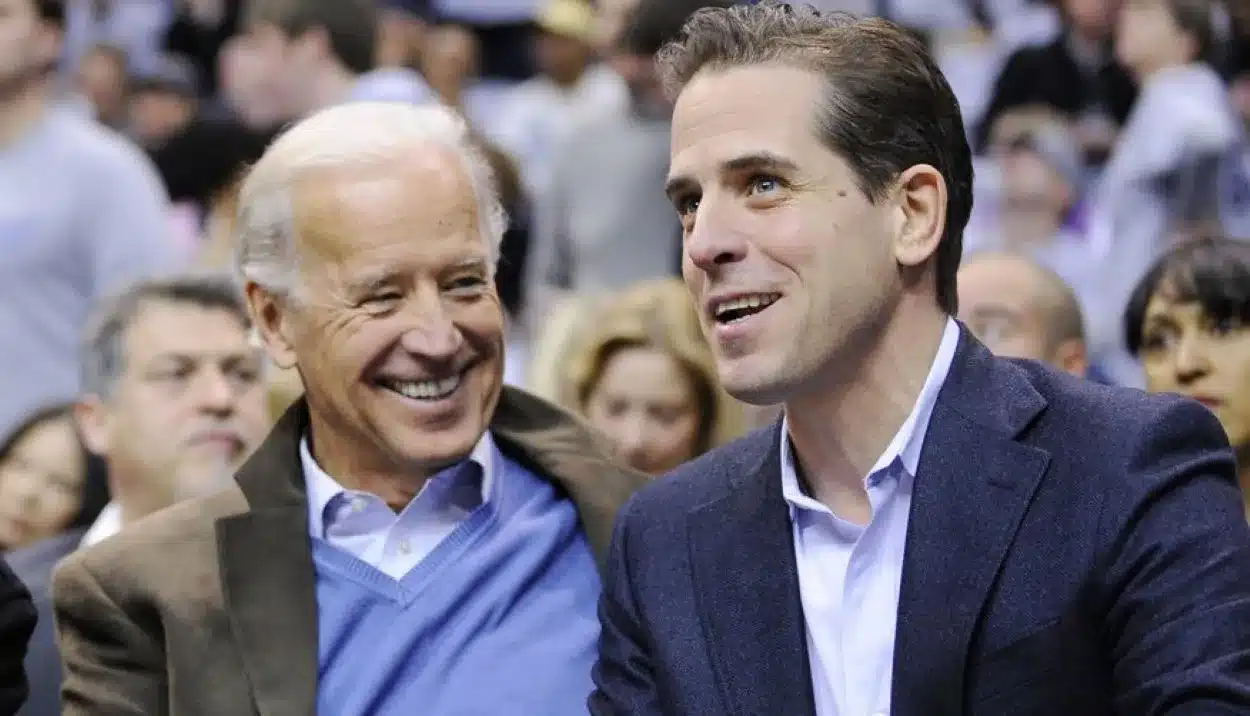President Joe Biden’s son, Hunter Biden, has pleaded not guilty to felony charges, which accuse him of lying about his substance addiction on a government form when acquiring a Colt Cobra revolver and possessing the firearm illegally for 11 days.
The trial, unfolding in U.S. District Court in Wilmington, Delaware, is notable as it involves a U.S. president’s son. Prosecutors have showcased evidence of Biden’s long-standing battles with alcohol and crack cocaine, arguing that his drug issues should have prevented him from buying the firearm.
In his closing argument, federal prosecutor Leo Wise underscored the gravity and necessity of presenting Hunter Biden’s drug history to the jury, describing it as “personal, ugly, and overwhelming.”
This legal proceeding follows Donald Trump’s historical conviction, marking the first time a former U.S. president has been found guilty of a felony. This has sparked discussions of the political motivations behind this and other criminal prosecutions, especially given the proximity to the upcoming presidential election, where Trump is running.
Additionally, testimony from Hunter Biden’s family members and excerpts from his memoir about his struggles with drug addiction have been pivotal in the prosecution’s case, painting a vivid picture of his attempts and failures to overcome his dependency.
Hunter Biden asserted in a 2023 hearing that he has been sober since 2019. As the trial concludes, sentencing guidelines suggest a potential 15 to 21 months in prison. However, outcomes similar to Biden’s often result in lesser sentences or non-custodial penalties, contingent on compliance with pretrial release conditions.






